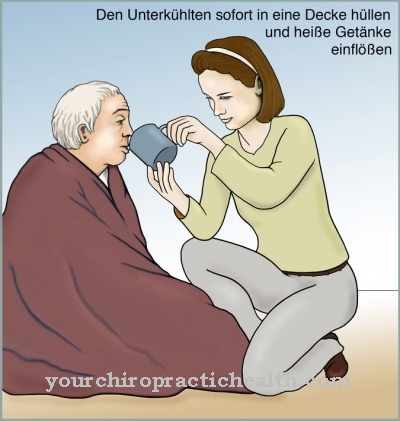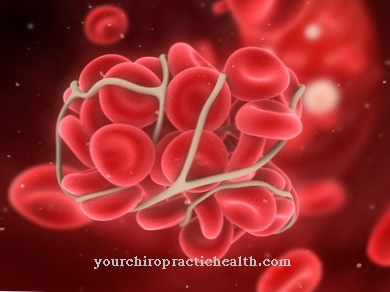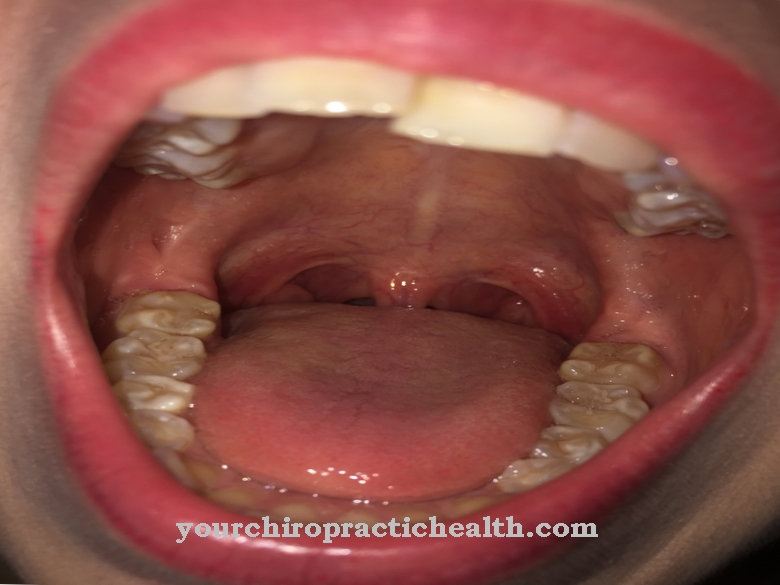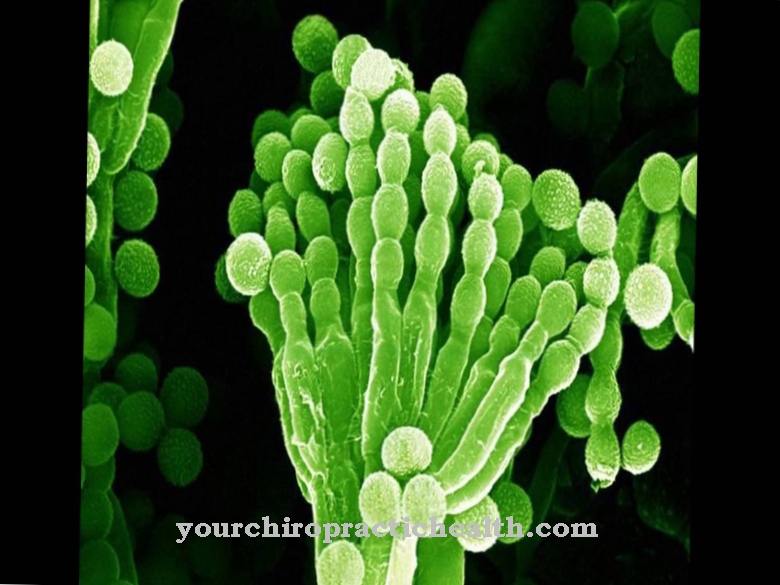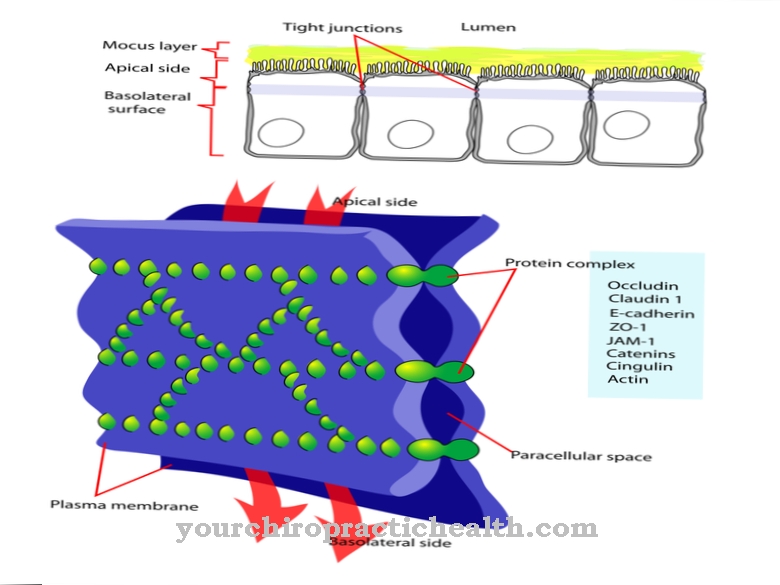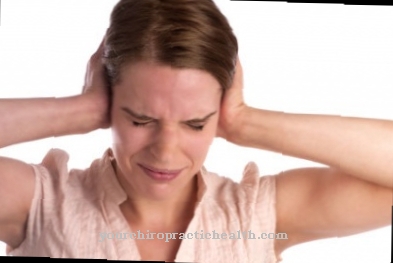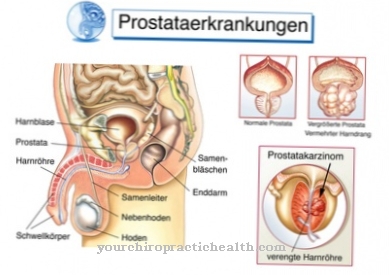A radiant smile with flawless teeth is not just part of the ideal of beauty. It is also a sign of health and care. Because a visit to the dentist can be expensive for some complaints, regular appointments are recommended prophylaxis.
What is the prophylaxis?

In dentistry, prophylaxis is not an early diagnosis. Instead, its aim is to prevent diseases from the outset so that no symptoms arise and treatment is necessary. The responsibility lies primarily with the individual. While help can be provided during a dentist appointment, for example in the form of professional teeth cleaning, most preventive processes take place at home and at regular intervals.
Attending dental appointments for check-ups can reveal diseases at an early stage. In such a case, prophylaxis aims to avoid aggravation and to initiate appropriate therapy instead. Prophylaxis can be divided into different categories. For example, there is collective prophylaxis, which is aimed at the entire population. The semi-collective prophylaxis, on the other hand, relates to individual, precisely defined groups.
Risk patients should also undergo intensive prophylaxis. While dental check-ups are usually free, serious imperfections can be costly to fix. Additional services such as professional teeth cleaning are also not covered by statutory health insurance companies. They can make up a relevant part of prophylaxis.
Function, effect & goals
Many diseases of the mouth and teeth begin with deposits of plaque and tartar and their metabolic products, which can have negative effects. The prophylaxis is based on the elimination of the disturbing factors. Different measures are used here. Regular and thorough oral hygiene is particularly important. This includes, above all, daily brushing of your teeth. The aim of dental hygiene is to remove food particles and plaque that may be between the teeth and in the oral cavity.
This can lead to tooth decay. The use of oral irrigators and rinsing alone is not enough, so brushing your teeth should be integrated into everyday life. According to scientific studies, there are only negligible differences in the end result when it comes to brushing teeth. However, the toothbrush should not be applied with firm pressure and have excessively hard bristles. Otherwise, it is particularly important to clean where plaque is deposited. In addition to the outer row of teeth, the inner space should be taken into account as well as the transition between tooth and gum.
A suitable toothpaste supports the cleaning effect. However, this should only contain a very small amount of abrasive ingredients, because otherwise the tooth enamel can be damaged. In the evening, it is advisable not to rinse your mouth after brushing your teeth. This allows the nourishing ingredients of the toothpaste to take effect overnight. Regular use of dental floss is also recommended to completely remove food residues. At best, floss is used in the evening. A distinction can be made between waxed and non-waxed dental floss.
While the results of the rewaxed variant are usually better, the application of the waxed variant is easier. In this way, deposits that have settled in the narrow interdental spaces can also be eliminated. In addition to brushing your teeth twice a day at home, professional teeth cleaning helps ensure the health of the oral cavity. According to experts, this should be carried out about every six months. Some health insurances cover part of the costs under certain conditions. As a rule, however, it is a private service that is carried out by the dentist and his employees. In some situations, such as existing diabetes, permanent stress or the dependence on certain medications, more frequent professional teeth cleaning may be necessary.
The duration of the treatment depends on the number of teeth to be cleaned. As a rule, a time of approximately one hour should be expected. When cleaning the teeth, the oral cavity and teeth are examined first. The condition of the teeth and gums ultimately decides how to proceed. Sound vibrations, powder-water spray and some manual instruments are used during professional cleaning. At the end of the process, a substance containing fluoride is applied. After such treatment, teeth should be smooth and clean.
When they clean their teeth professionally, some doctors give their patients additional tips on daily oral hygiene. In addition to cleaning, this can also include rinsing. If the mouth is cleaned in this way after eating or drinking sugary drinks, germs, food residues and the acid content are reduced. In this way it is possible to prevent diseases from developing. After vomiting, it is important that the mouth is only rinsed out. The stomach acid is already irritating the tooth enamel. Further treatment with the toothbrush would destroy the damaged tooth enamel.
In the meantime, there are also chemical agents that prevent the formation of plaque and its metabolic products. These are sold in the form of toothpastes, gels or rinsing solutions and used accordingly. If plaque has already set in, chemical elements can help dissolve it. However, some funds are not suitable for long-term therapy. If in doubt, a dentist or pharmacist should be consulted.
You can find your medication here
➔ Toothache medicationRisks, side effects & dangers
In the context of prophylaxis in dentistry, disadvantages can certainly arise. Often these can be traced back to incorrect use of toothbrushes and dental floss. If you put a lot of pressure on your teeth while brushing your teeth, the enamel can suffer from oral hygiene. The teeth become sensitive to various stimuli such as heat and cold. Furthermore, the development of tooth decay is more likely in such a condition. Careless use of dental floss can result in bleeding gums.
Depending on their strength, they can not only turn out to be painful. They also encourage the penetration of bacteria and other pathogens, which can lead to inflammation. Many patients perceive professional teeth cleaning as unpleasant. If it is not done correctly, damage to the tooth surfaces cannot be ruled out. Patients with a weak immune system can suffer from further complaints after having their teeth cleaned by the dentist if the released bacteria get into the blood through minor injuries and thus spread throughout the body. Existing implants can be scratched by professional teeth cleaning if the doctor does not use the correct instruments.
However, the disadvantages of such a treatment can usually be reduced by choosing the right dentist. Studies have shown that the services of professional cleaning cannot be achieved with daily care at home.


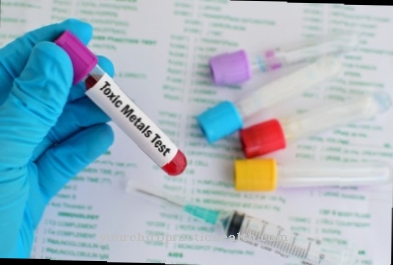
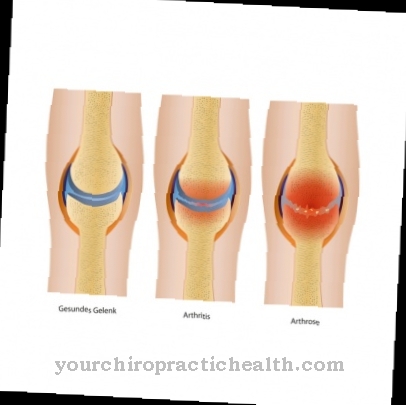
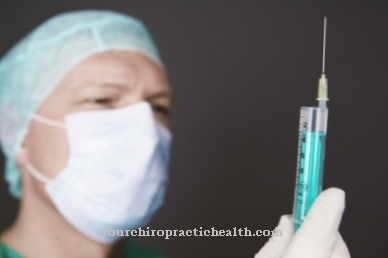
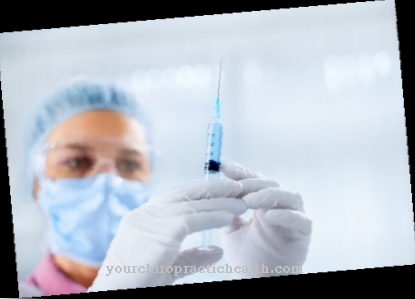
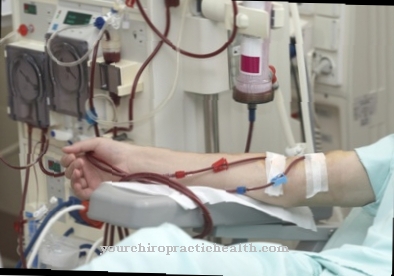

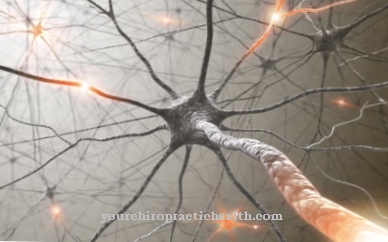
.jpg)

.jpg)
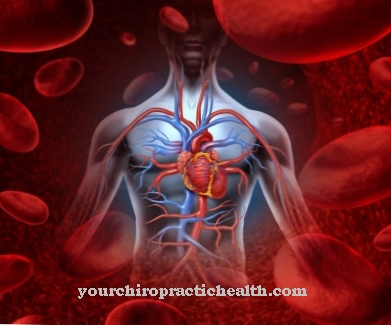
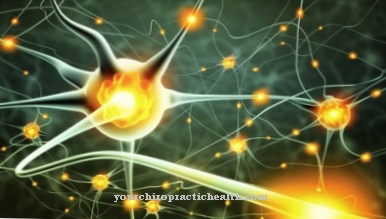
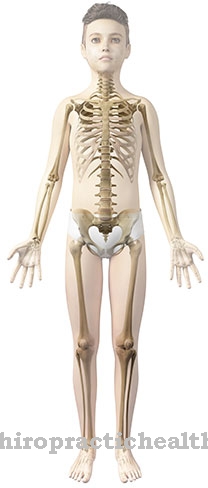

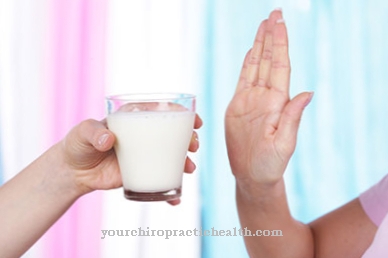
.jpg)

